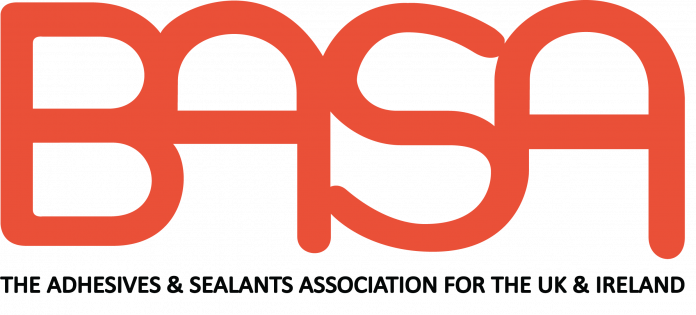The Classification, Labelling and Packaging Regulation (Regulation (EC) No 1272/2008) implements a harmonised system (aligned with the UN GHS) for identifying chemical hazards and communicating them via labels, packaging, safety data sheets etc.
The “simplification” of EU CLP means a set of changes, amendments or proposed adjustments intended to reduce complexity, administrative burden, costs, or redundancy, while still maintaining protection of health, safety and the environment. These are part of broader EU efforts (e.g. under the Chemicals Strategy for Sustainability or regulatory simplification packages) to make chemical regulation more efficient and user-friendly.
The simplification package known as “Omnibus VI” includes CLP‑related amendments designed to reduce costs and complexity.
Some of the key simplification measures (some already adopted, others under discussion) include:
- More flexibility in labelling format and design
Easing minimum requirements on font size, line spacing, colours etc so that labels can be more user‑friendly while still legible.
Allowing fold‑out labels, possibly more flexible use of space or layout to handle multilingual content or more comprehensive hazard information.
- Digital contact information
Mandatory inclusion of supplier’s online contact on the label (a “digital contact”) to facilitate communication.
- Simplification for very small packages
Clarifying or easing exemptions for packages smaller than a certain size (e.g. <10 ml), where full labelling requirements are difficult to meet. The idea is to reduce the burden for packaging that is extremely small without compromising safety.
- Advertising and distance selling
Greater clarity and possibly reduced reporting or labelling obligations for adverts and online product offers, while ensuring that hazard information is still visible in e‑commerce settings.
- Extension of transitional periods / deferral of certain requirements
Some of the new or revised obligations under CLP (or amendments such as Regulation (EU) 2024/2865) are phased in over time, giving industry (especially SMEs) more time to adapt.
- Administrative/financial burden relief
The simplification proposals are intended to bring cost savings for industry (through fewer or simpler obligations) while preserving essential safety and hazard communication.
BASA is the UK’s independent voice for the £1.7 billion adhesives and sealants sector in the UK and Ireland, representing members through advocacy, technical guidance, and networking. As the Adhesives and Sealants Association, we champion innovation, compliance, and sustainability while supporting business growth and strengthening industry standards. Visit us at www.basa.uk.com.









